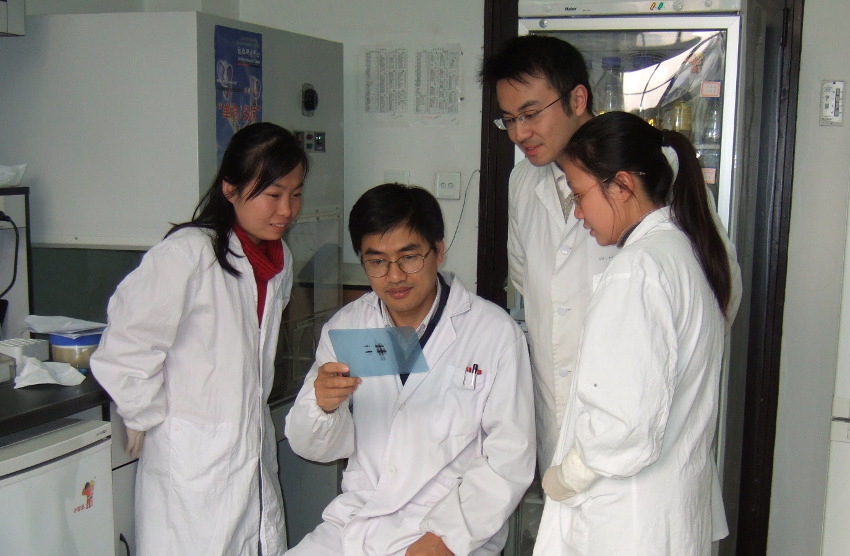 The human genome is one of the most complicated and beguiling machines in nature. What the genome does, especially during the critical growing period of both humans and other mammals, means not only understanding what the genetic code does, but how it responds to its environment.
The human genome is one of the most complicated and beguiling machines in nature. What the genome does, especially during the critical growing period of both humans and other mammals, means not only understanding what the genetic code does, but how it responds to its environment.
Geneticist Xu Guoliang of the Shanghai Institutes of Biological Sciences studies epigenetics – how factors outside the genetic code affect which genes are active in the cells of young mammals. Genes are not always busy at work, and can be switched off or on depending on their circumstances; that’s how they form the wide variety of cells found in the bodies of living creatures.
The biggest epigenetic puzzle Xu and his colleagues have solved is the process behind how molecules called methyl groups are removed from the genome. Methyl groups are important to understand because they’re renowned for turning genes on or off, and might be useful in devising therapies for a number of diseases, including cancer. This discovery was published in Science and Nature in 2011 to great acclaim among epigeneticists and developmental biologists.
He received his doctorate in genetics from the Max Planck Institute for Molecular Genetics in Germany and did a postdoctoral stint with the top-tier geneticist Timothy Bestor in the Department of Genetics and Development of Columbia University, New York, USA. He returned to China in 2001, and received numerous prestigious awards from the Max Planck Society for independent young investigators.
Xu is currently a principal investigator in the Institute of Biochemistry and Cell Biology, Shanghai Institutes of Biological Sciences, CAS. He has co-authored more than 50 research papers and has received recognition in the field of epigenetics, including invitations for presentations on international conferences.

